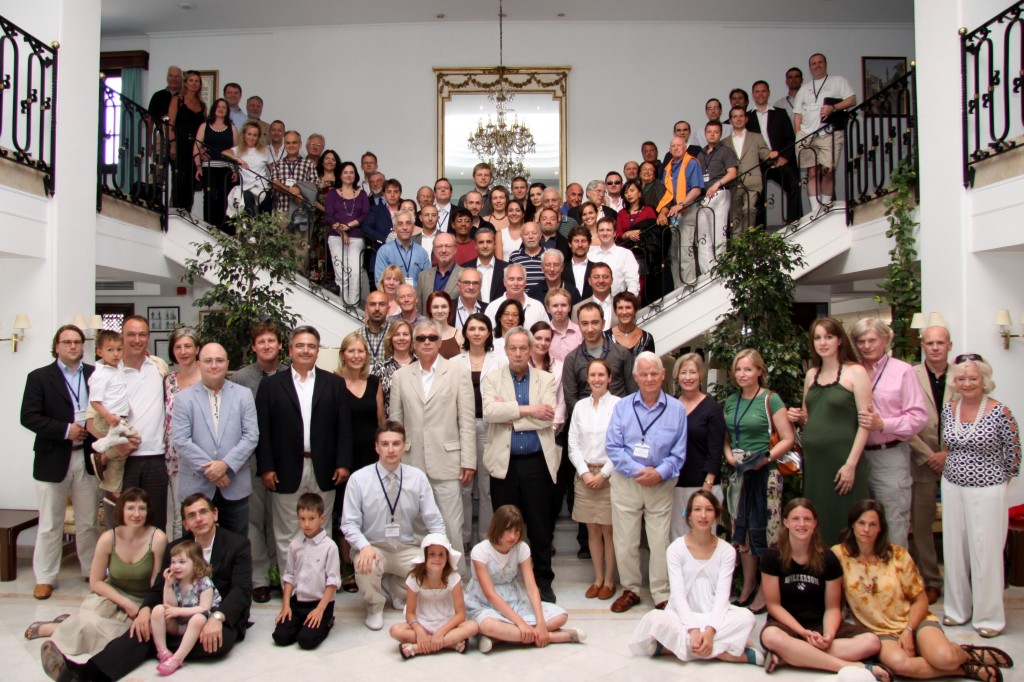Before We Worshipped Presidents
Anti-Statism, Police Statism, Vulgar PoliticsLast week, Lew Rockwell posted an item about officers “subduing” and arresting two people who had the audacity to stand where President Obama’s motorcade wanted to go.
I recalled this yesterday as I read an October 1900 newspaper article, which reported an indignity that VP candidate Theodore Roosevelt suffered when newsboys threw mud at him “and greeted him with insulting language . . . as he departed from the church at which he had attended.” The story was a small item several pages into the paper and there is no indication that the boys were “subdued” or arrested, or that they got into any trouble at all. Instead, the mud-spattered TR just huffed off on his way.
The story included no quotes from experts on how terrible it is that our youth would show such disrespect for a great political leader and no editorializing.
Today, of course, this would be the top news story for a week, Chris Matthews would rend his garments over the blasphemy against our civic religion, and the kids would likely be tazed or killed, and, if they lived, charged with felonies.
Another newspaper article from the same month mentioned that trick-or-treaters stopped by the White House and were greeted by President and Mrs. McKinley. The kids weren’t participating in a photo op, but were just knocking on the front door as they would at any other house. Because you could do that, because the president was not a god.
For more details of the good old days when people treated presidents like the ordinary jerks they are (and how far we’ve fallen), I highly recommend Gene Healy’s The Cult of the Presidency.
(Cross-posted at The LRC Blog.)
UPDATE: Norman Horn points out that The Cult of the Presidency is now available online for free in PDF, Kindle, and ebook formats.
Before We Worshipped Presidents Read Post »

